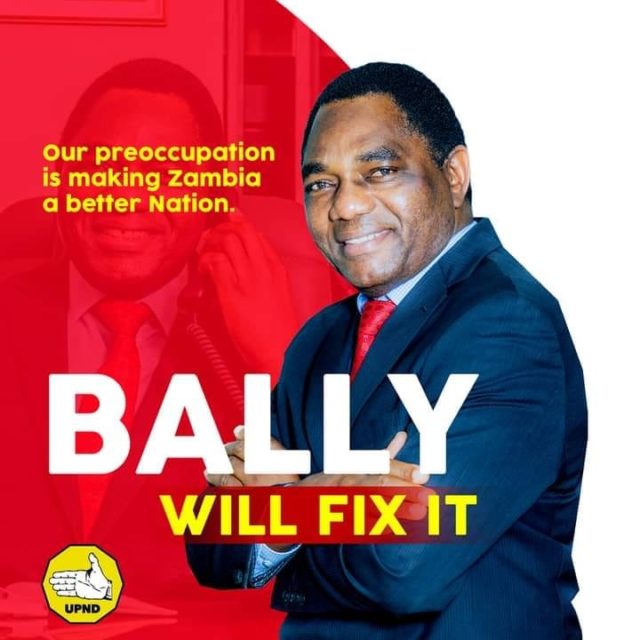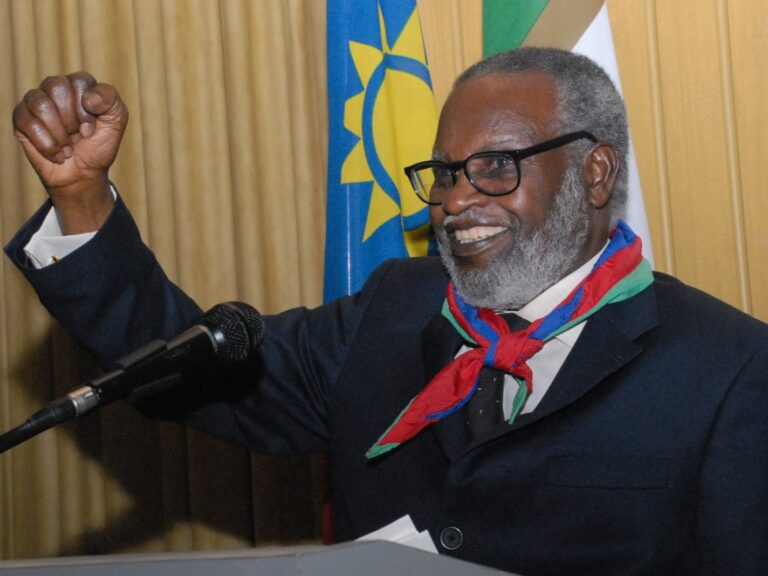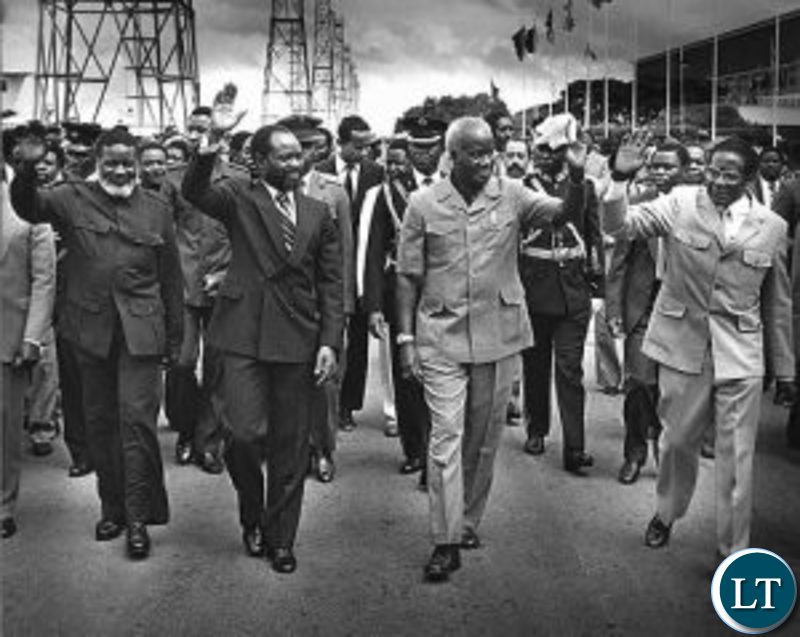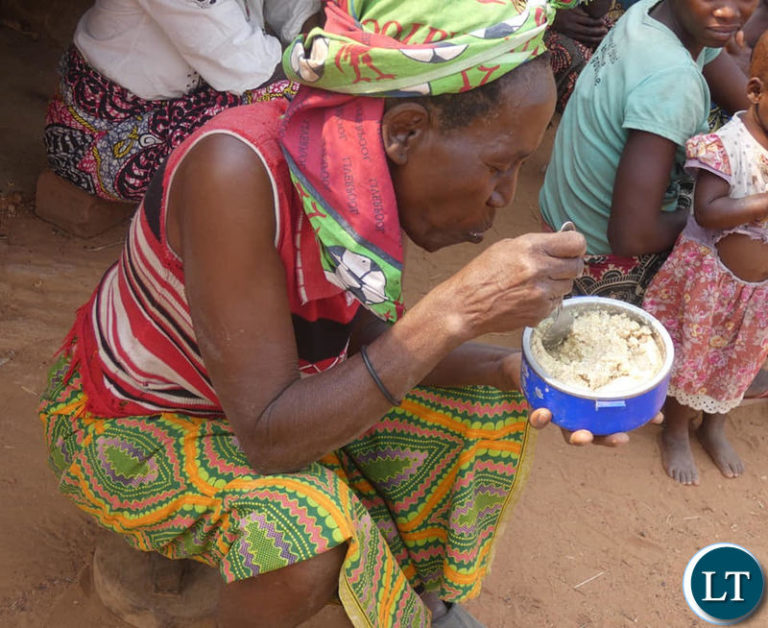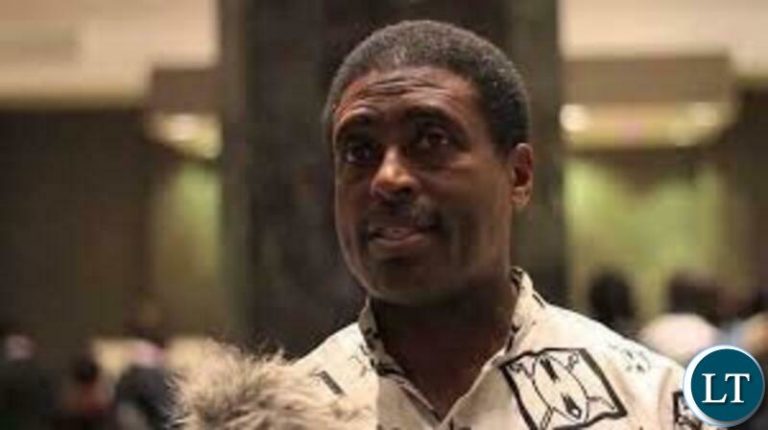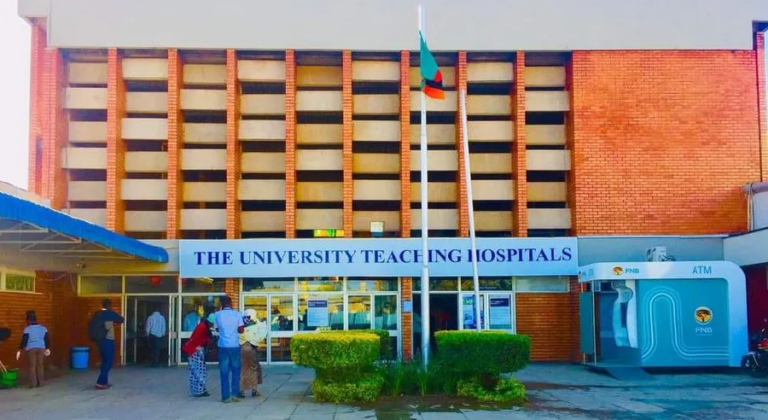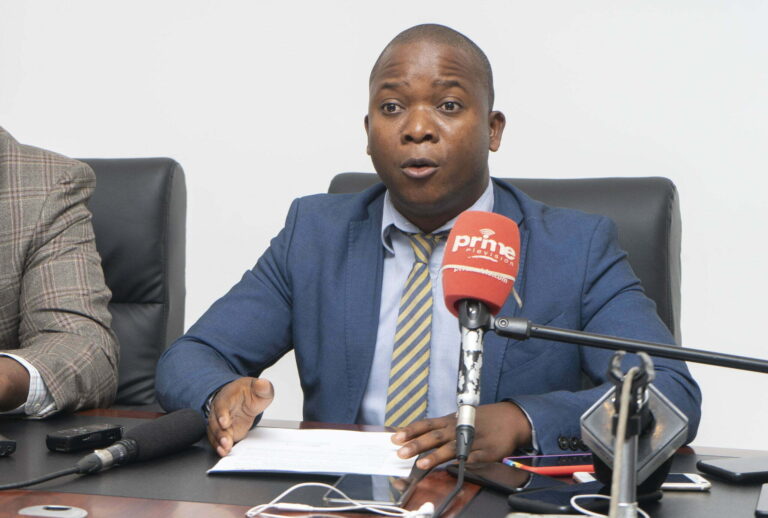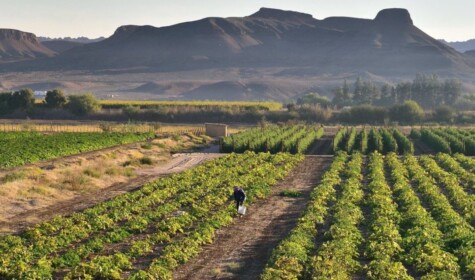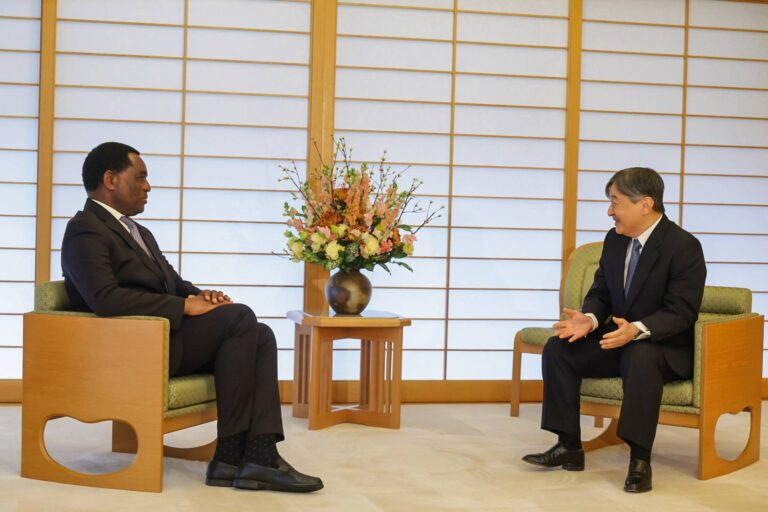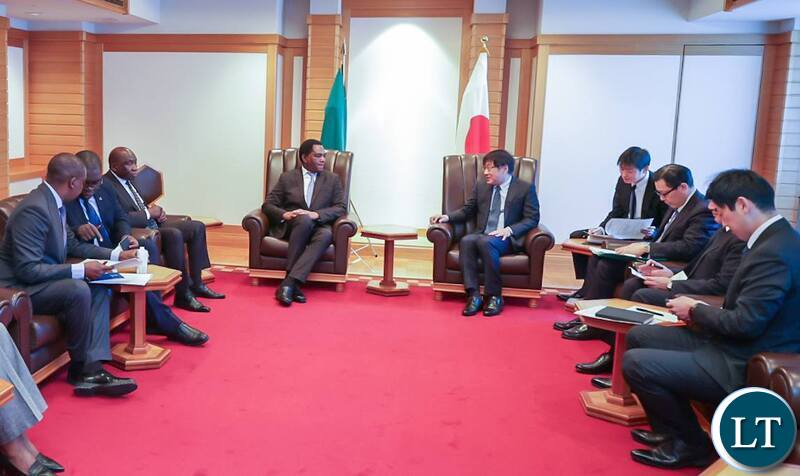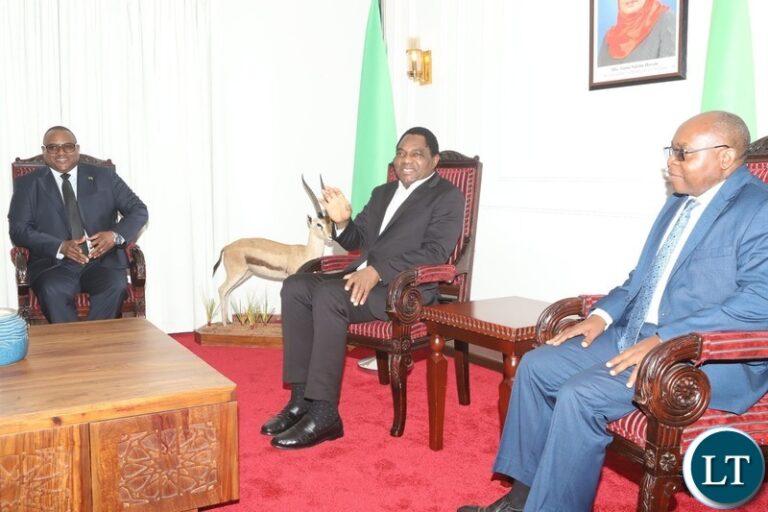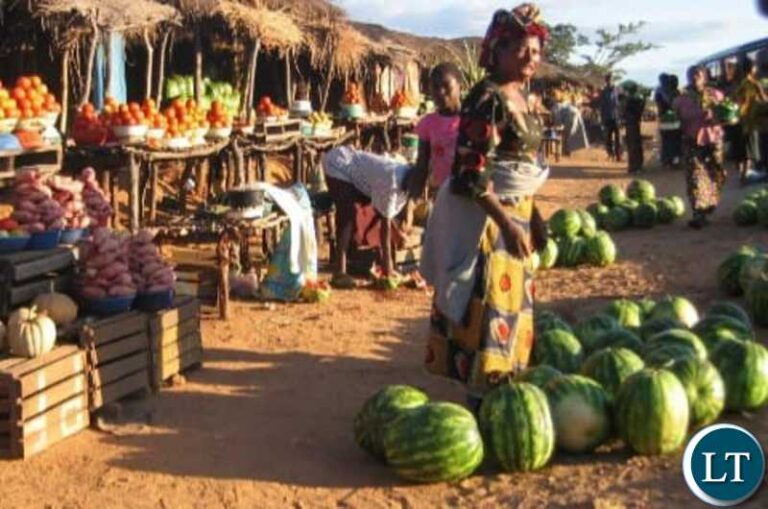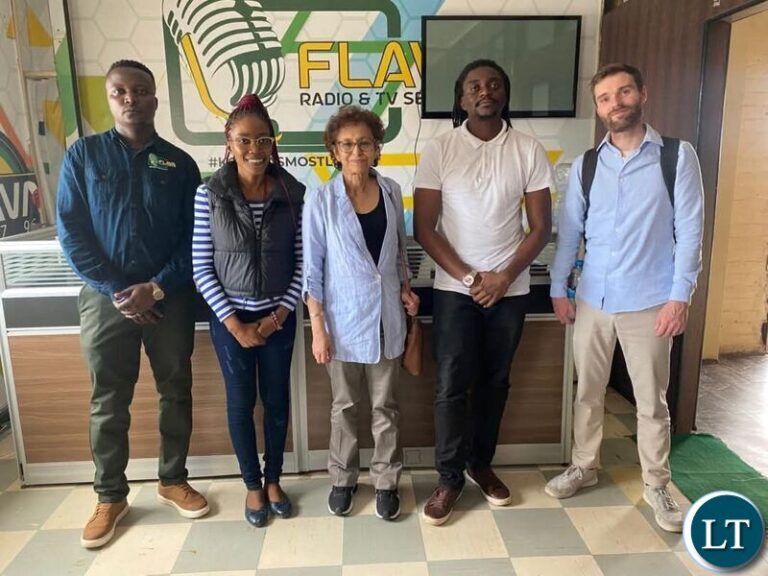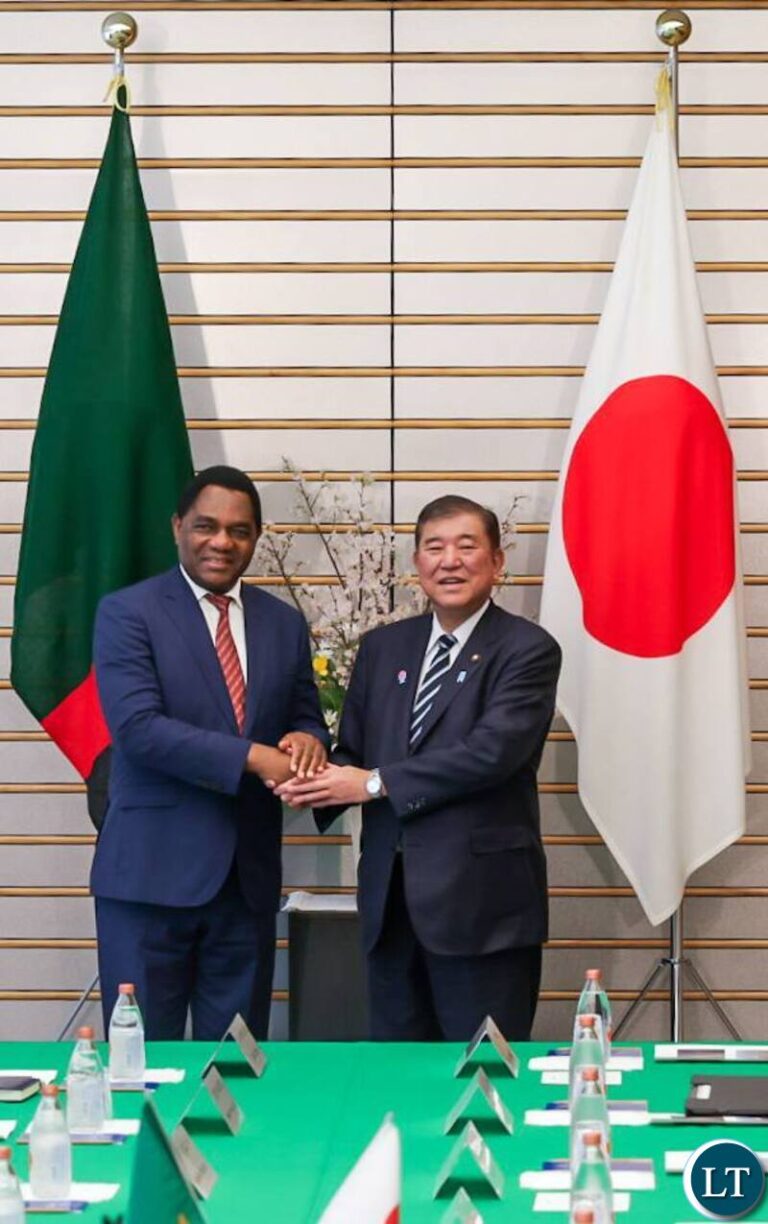On 2nd February 2025, the Government of Zambia unveiled its Medium-Term Budget Plan (MTBP) also known as the white paper for the years 2025-2027, aimed at addressing critical issues such as managing government debt, eradicating poverty, and tackling the chronic shortfall in power supply. This statement analyses the MTBP, its underlying facts, and the socio-economic impact on the Zambian populace.
The MTBP sets forth notable macroeconomic targets, including a reduction of the fiscal deficit from a target of 3.1% of GDP in 2025 to 0.7% by 2027. Economic growth is expected to start at 6.6% in 2025 and taper by 0.5% each year, reaching 5.6% by 2027, primarily driven by the mining sector, particularly copper. The government also plans to increase domestic revenue from 20.5% of GDP in 2025 to 21.2% by 2027 through new tax policies and compliance measures, while aiming for an inflation rate of 6-8% to combat rising food costs.
It is the position of the Civil Society for Poverty Reduction (CSPR) that achieving a 6% real GDP growth in the medium term is ambitious, especially following a downturn in 2024, where projected growth fell to 1.3% from a target of 4.5% at the start of 2024. This starkly contrasts with the 5.7% growth in 2023. CSPR notes that projected growth will largely depend on increased copper mining activities informed by the 3million metric tonnes production annual target in 9 years embarked on by the Government and favorable rainfall during the 2024-2025 season. However, there are concerns regarding the heavy reliance on copper output and the assumption of stable global prices averaging around $10,195. Should global commodity prices decline; an ever-looming possibility, Zambia may struggle to meet its growth targets, highlighting the necessity for diversification given the internal structural challenges that have historically and presently hindered the economy’s resilience, particularly in the energy sector.
Zambia is currently grappling with a significant debt challenge exacerbated by both external and domestic obligations. Over the medium term, the government plans to allocate K147.8 billion solely for debt interest payments, with K126.7 billion for domestic debt servicing and K21.2 billion for external debt. This substantial debt service burden limits the fiscal space available for essential social services and developmental initiatives. Fluctuations in the exchange rate and global economy dynamics may deteriorate efforts to effectively align Government’s annual budgets to the MTBP hence CSPR calls on the Government to take a more malleable and consultative approach.
The urgency of implementing sound fiscal policies cannot be overstated, as the government must develop strategies that enhance revenue collection and prudently manage expenditures to maintain sustainable debt levels. Failure to navigate these challenges could unintentionally lead to fiscal instability, jeopardising the macro economic targets outlined in the MTBP. Even as the government seeks to enhance domestic revenue mobilization, CSPR calls on the Government to strictly consider a progressive tax system which is common practice in relatively successful countries with regards equitable tax administration. This is essential in lessening the tax burden on the majority of the poor.
The rising inflation rate, fueled mostly by the continuously depreciating local currency against the US dollar is of concern to CSPR. Particularly food inflation rate currently stands at 19.2%, of January 2025 ZAMSTATS report and poses significant challenges for households, as food constitutes a major portion of their monthly expenses. This inflationary pressure threatens poverty alleviation efforts, impacting approximately 60% of the Zambian population. It is our considered view that to address these issues, the government must enact effective fiscal interventions designed to stabilize prices and enhance production. The success of the MTBP and its growth targets will be contingent upon creating an environment conducive to investment while ensuring affordability for ordinary Zambians. That balance is necessary and an approach the government must not ignore.
The MTBP outlines a comprehensive strategy that interconnects education, health, water access, and social protection which are crucial elements for advancing human and social development. The government has set ambitious targets and allocations to ensure these sectors receive requisite funding, vital for cultivating a resilient and productive population. The proposed expenditure plan allocates K49.2 billion for social protection programs during the medium term, aimed at strengthening the welfare of vulnerable populations. Key allocations include K14.1 billion for 2025, K15.1 billion for 2026, and K20.0 billion for 2027, indicating a significant rise in investment directed towards marginalised groups.
Within this budget, the Social Cash Transfer Program receives K29.0 billion, providing direct financial assistance to approximately 1.5 million low-income households. Additionally, K15.8 billion is allocated to the Pension Fund to ensure timely pension payments, while K4.4 billion is earmarked for the Food Security Pack to bolster food distribution and agricultural initiatives. In education, the MTBP allocates approximately K12 billion, focusing on constructing and rehabilitating 1,000 schools to achieve a 95% gross enrolment rate in primary education by 2027, alongside recruiting 20,000 teachers to improve the current teacher-to-student ratio. Furthermore, K1.5 billion is designated for Technical Education, Vocational and Entrepreneurship Training (TEVET), supporting around 50,000 students annually through scholarships. This is commendable and the Government is urged to effect efficient implementation plans for these well intended initiatives with a comprehensive targeting model that is well aligned with current targets in the NDPs.
In health, K15 billion is allocated for constructing and rehabilitating 300 health facilities, aiming for 80% healthcare coverage in rural areas by 2027, alongside the recruitment of 10,000 healthcare workers. Additionally, K500 million is set aside for disease surveillance and pandemic preparedness, underscoring the government’s commitment to public health. CSPR wishes to advise government and stress the importance of contingent financing planning in these sectors especially in light of donor dependency dynamics.
The 2025-2027 MTBP presents a pivotal opportunity for Zambia to foster sustainable growth and development. However, achieving these ambitious targets will require robust execution of policies that address the intertwined challenges of debt, inflation, and socio-economic disparities. We call upon the government to ensure transparency and accountability as it implements these strategies, engaging all stakeholders to ensure that the benefits of economic progress reach every Zambian. With concerted efforts and strategic planning, Zambia can build a resilient economy that uplifts the lives of all its citizens. CSPR notes that Zambia’s growth projections for the medium term (2025-2027) hinge significantly on the successful implementation of the 8th National Development Plan (8NDP), which prioritizes inclusive economic growth and sustainable development. If Zambia can effectively align its growth strategies with the 8NDP’s inclusive framework, the projected growth rate of 6 percent is plausible as the framework calls for economic diversification in line with the vison 2030.
Issued by:
Isabel Mutembo Mukelabai.
Executive Director
Civil Society for Poverty Reduction (CSPR)


